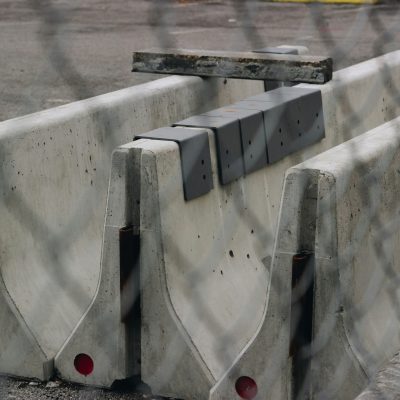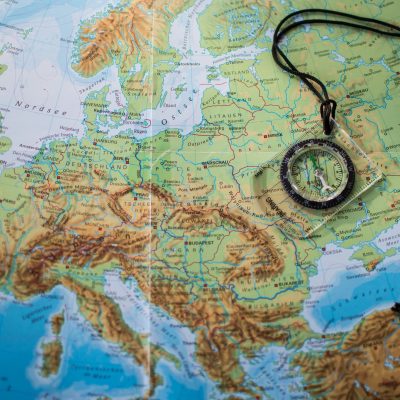The EU must restore the credibility of membership in the Western Balkans

Since last November, Serbia has been experiencing, in its own way, a ‘revolution of dignity’, to paraphrase the Ukrainian term. For it is indeed dignity that Serbian students and those demonstrating alongside them are demanding, in the face of a public life undermined by corruption and illiberal excesses. A tragic local incident (the collapse of a railway station killing 16 people) has become a matter of state, emblematic of the ills afflicting the country: the tragedy occurred after a renovation, the result of an opaque process involving Chinese capital, suspicions of corruption and political pressure…
However, there are no European flags to be seen in the marches passing through Serbian cities. Admittedly, unlike Ukraine in 2014 or Georgia in 2024, the European question is not the direct and main issue here. Serbia’s tortured relationship with the West limits the unifying power of European symbols. Nor do the demonstrators need to lend credence to the theory of ‘foreign destabilisation’.
However, there are also reasons that are more embarrassing for the European Union. For many Serbs, by adopting a complacent attitude towards President Aleksandar Vučić, the EU has prioritised stability over democracy. However, both Mr Vučić’s pedigree (Minister of Information in the last government of the Milošević era) and his track record (according to the Swedish V-Dem Institute’s index, which measures the quality of democracy, Serbia has fallen from 0.49 in 2012 to 0.22 in 2024, well below that of its neighbours), should have prompted the EU to be more demanding. Add to this the general stagnation of enlargement since 2013, and a sad conclusion becomes apparent: for many Serbs, the EU is no longer synonymous with and a guarantor of democratic development.
Yet the protesters’ demands – transparency, the rule of law, accountability of political decision-makers, independence of the judiciary and the media – are consistent with the founding values of the EU. In fact, Serbian protesters are campaigning for the European path. But they do not feel this way, because their trust in the EU has been exhausted.
That is why the best way to help Serbian democrats today is to restore the credibility of the European dynamic in the Western Balkans. The promise of accession, which is already more than 20 years old, must be given new credibility and mobilising potential. The EU must encourage the most advanced candidate countries to complete their accession around 2030. In the meantime, candidates must be offered concrete, attractive and substantial benefits, giving substance to the concept of ‘gradual integration’. However, the ‘more for more’ approach (the more a candidate progresses on the European path, the more benefits the EU grants it) must go hand in hand with the ‘less for less’ approach: a candidate that regresses or whose attitude remains ambiguous must pay the price.
The last ten years have profoundly damaged the relationship between the EU and Balkan societies. However, any alternative to the European path for these countries would carry major risks. Conversely, successful integration would restore a positive outlook for the region and strengthen the Union and its credibility. This is essential if it is to meet the other major challenge: the accession of Ukraine and the establishment of a deterrent balance of power vis-à-vis Russia, as long as the latter does not renounce its imperialist and revisionist fantasies.




